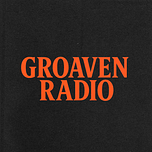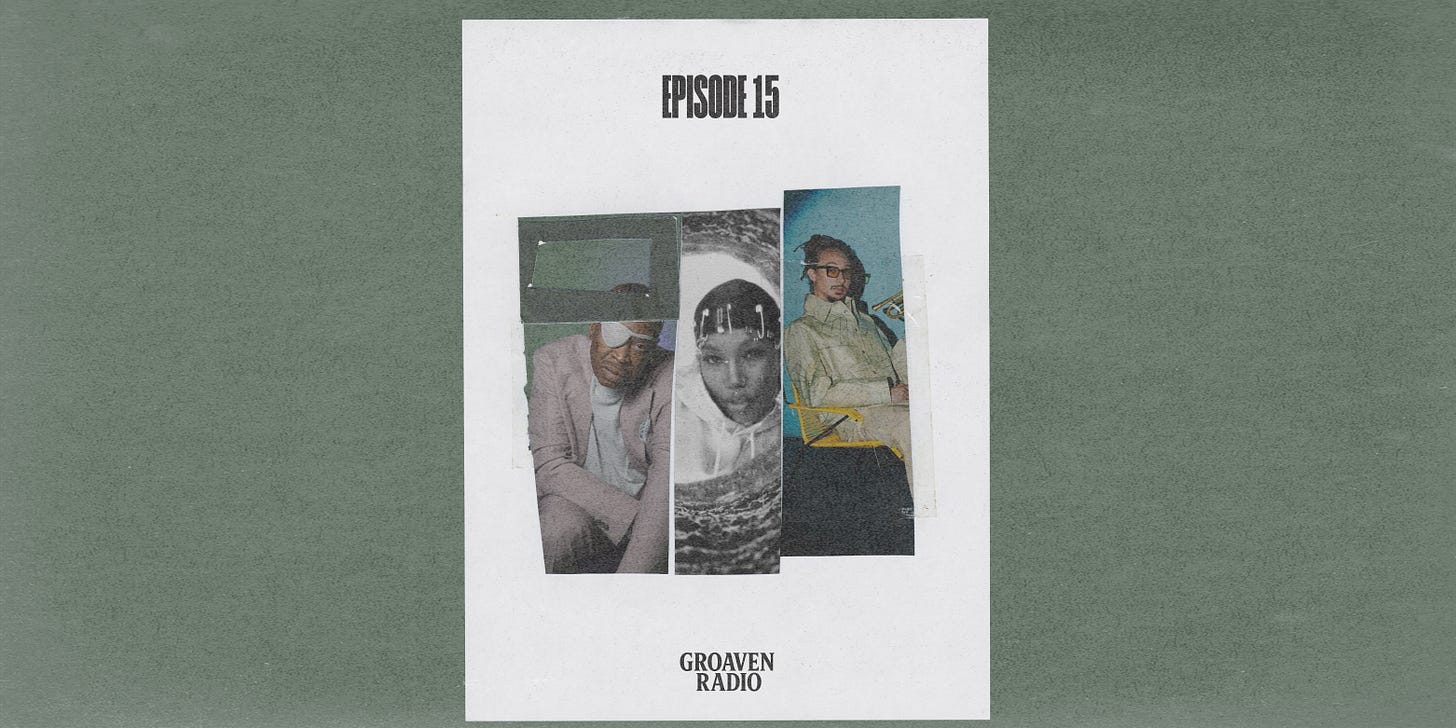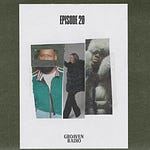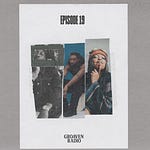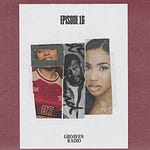Slick Rick and Nas set the tone with “Documents,” two veterans comparing notes on what power looks like when you have the history to back it up. From there the episode steers into present-tense resolve: Ace Hood’s “That Mode” works like a personal mission statement, then Juicy J and Logic use “Flowers” to demand respect while they can still hear it, not as a victory lap but as a policy. Apathy’s “All Good” chills the temperature with hospitality that still reads street-wise, the kind of outreach that sounds believable because it keeps the details plain. The women answer with their own terms. Leikeli47’s “Queen” claims space without pleading its case, while Foggieraw’s “Nefertiti” flirts and jokes without losing clarity about intent. Relationship maintenance arrives with Elijah Blake’s “Work It Out,” the pleading and second-guessing written in simple, repeatable phrases that scan like text drafts you wish you could unsend. Tanner Adell’s “Snakeskin” brings country steel to the set with plain talk about abandonment and self-reliance, then Leon Bridges’ “Hold On” looks backward to measure what still feels possible. Rory, Masego, and Freddie Gibbs push into “Off Road,” where longing and bravado share the same car, and Theo Croker with MAAD lifts the room on “Up Frequency (Higher)” with language about elevation that reads like self-care put into practice.
The second half tilts toward desire, faith, and negotiation. Jenevieve’s “Head Over Heels” is an infatuation that refuses to hide behind coy phrasing, while Mark Ronson and RAYE’s “Suzanne” sketches a character study through direct, repeatable hooks that keep the ache tidy rather than indulgent. Darrel Walls and PJ Morton cut through with “Amazing,” a worship song written in declarative lines that trade metaphor for witness. Otis Kane and CASASANTI answer with “Alive,” a rush of simple declarations that read like a vow to stay present. Joe Armon-Jones and Yazmin Lacey tighten the screws on “One Way Traffic,” a sung memo about boundaries and satisfaction that keeps the hook circling like a hard truth you finally decide to say out loud. Tiffany Evans’ “Hope You Understand Me” opens the journal and refuses to edit the pain out, and India Shawn’s “Kill Switch” draws the line before a friendship turns messy, choosing clarity over heat. As a whole, the episode is about self-possession in both public and private life, the right to be honored while breathing, the right to walk away when the temperature is wrong, and the right to believe in something bigger than oneself without turning the room into a lecture.


